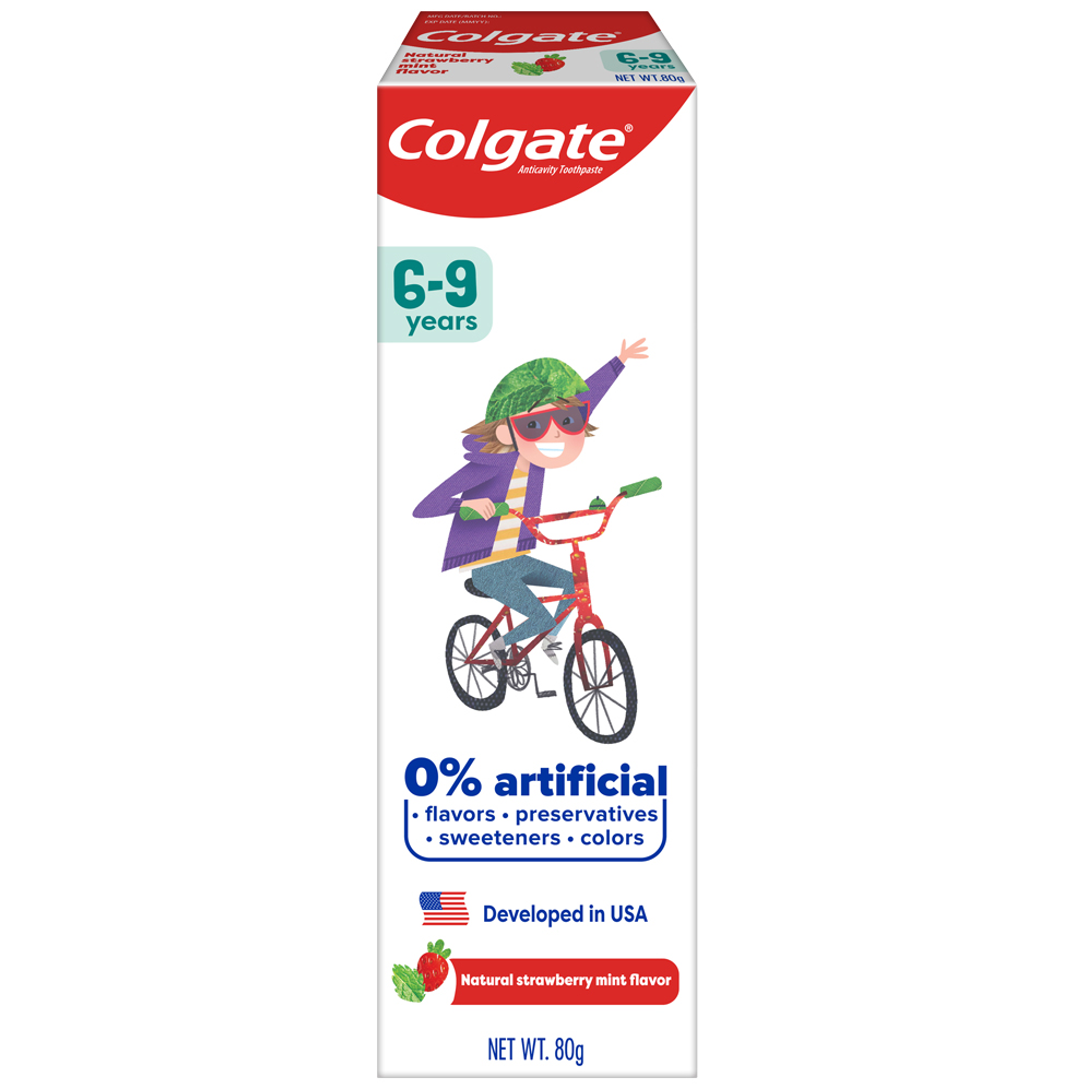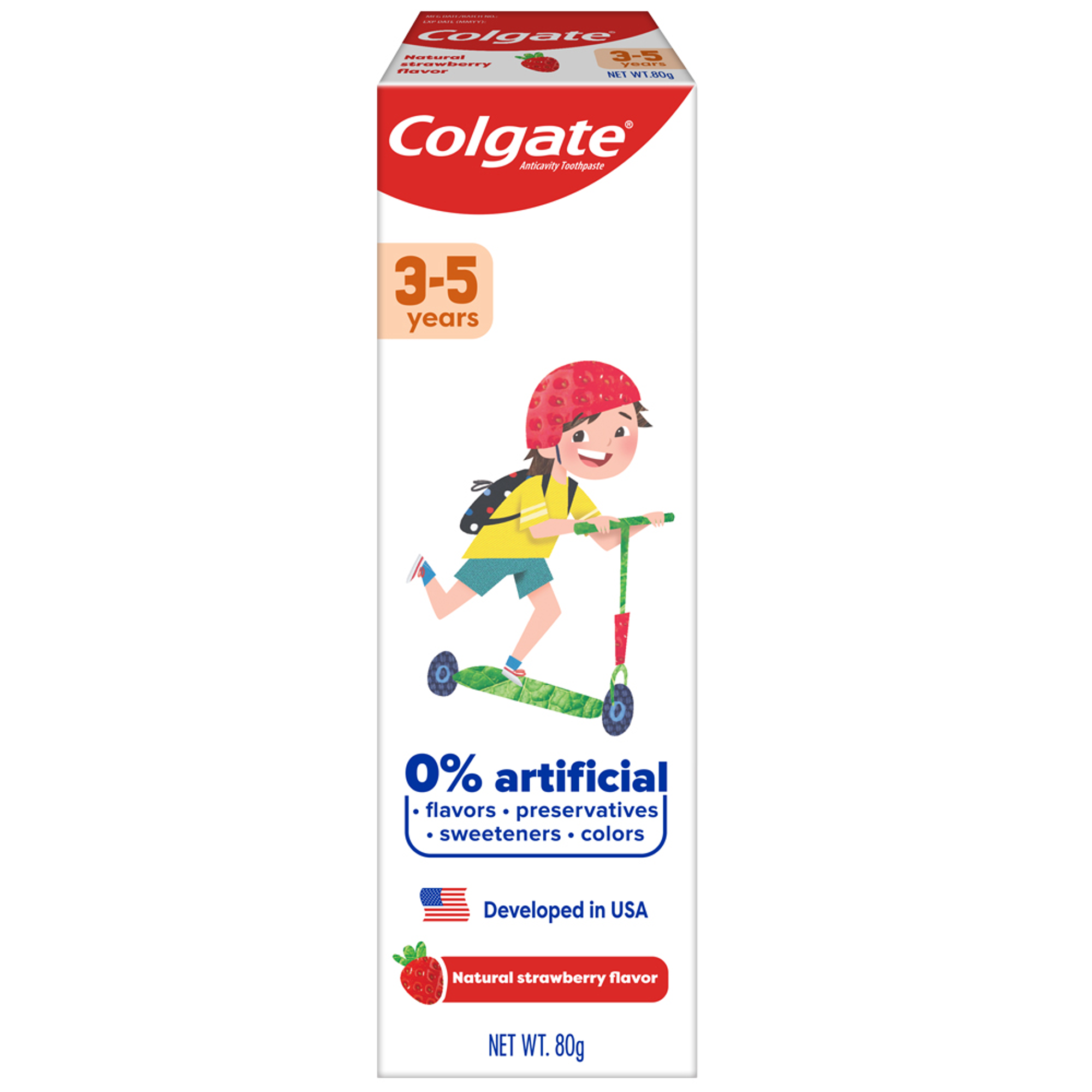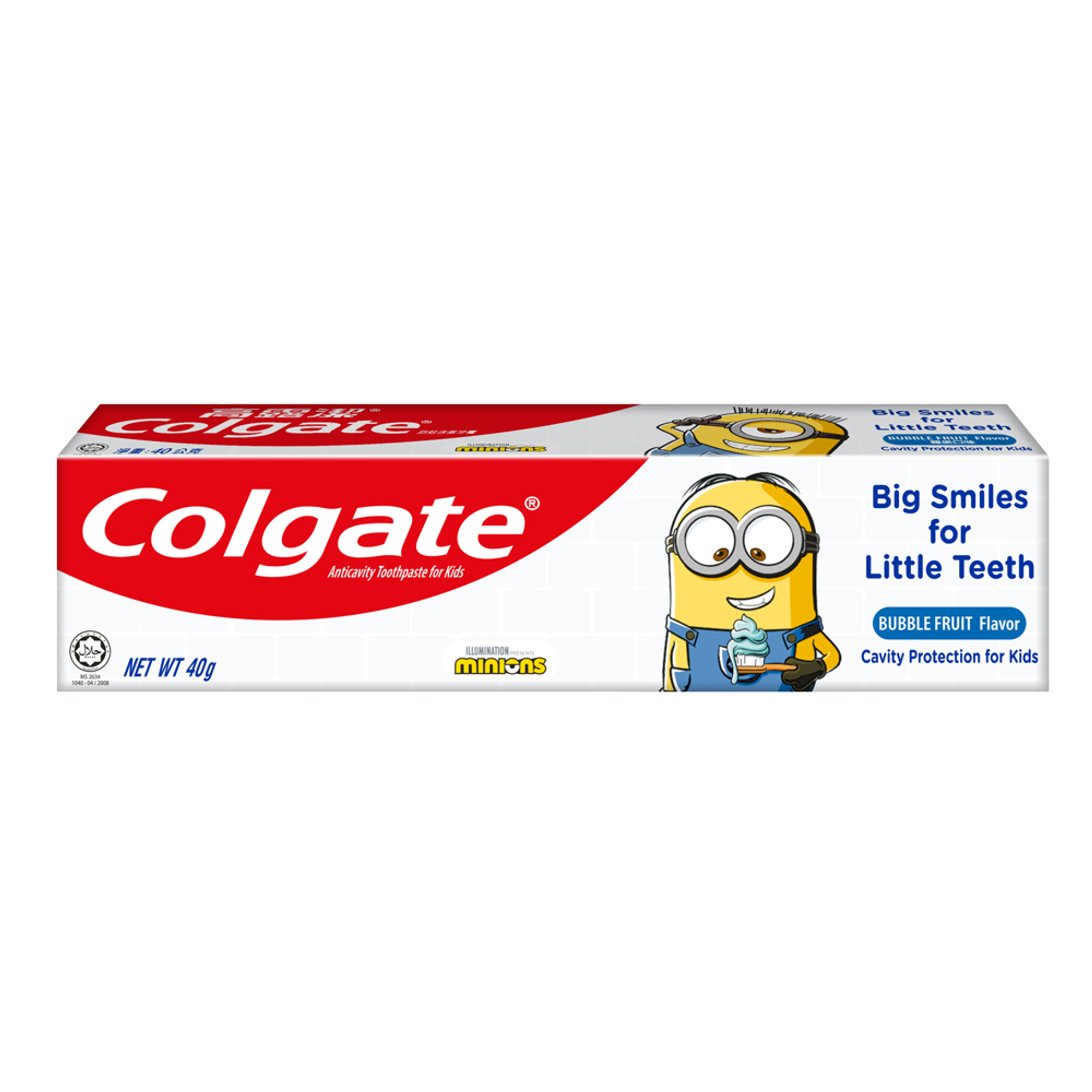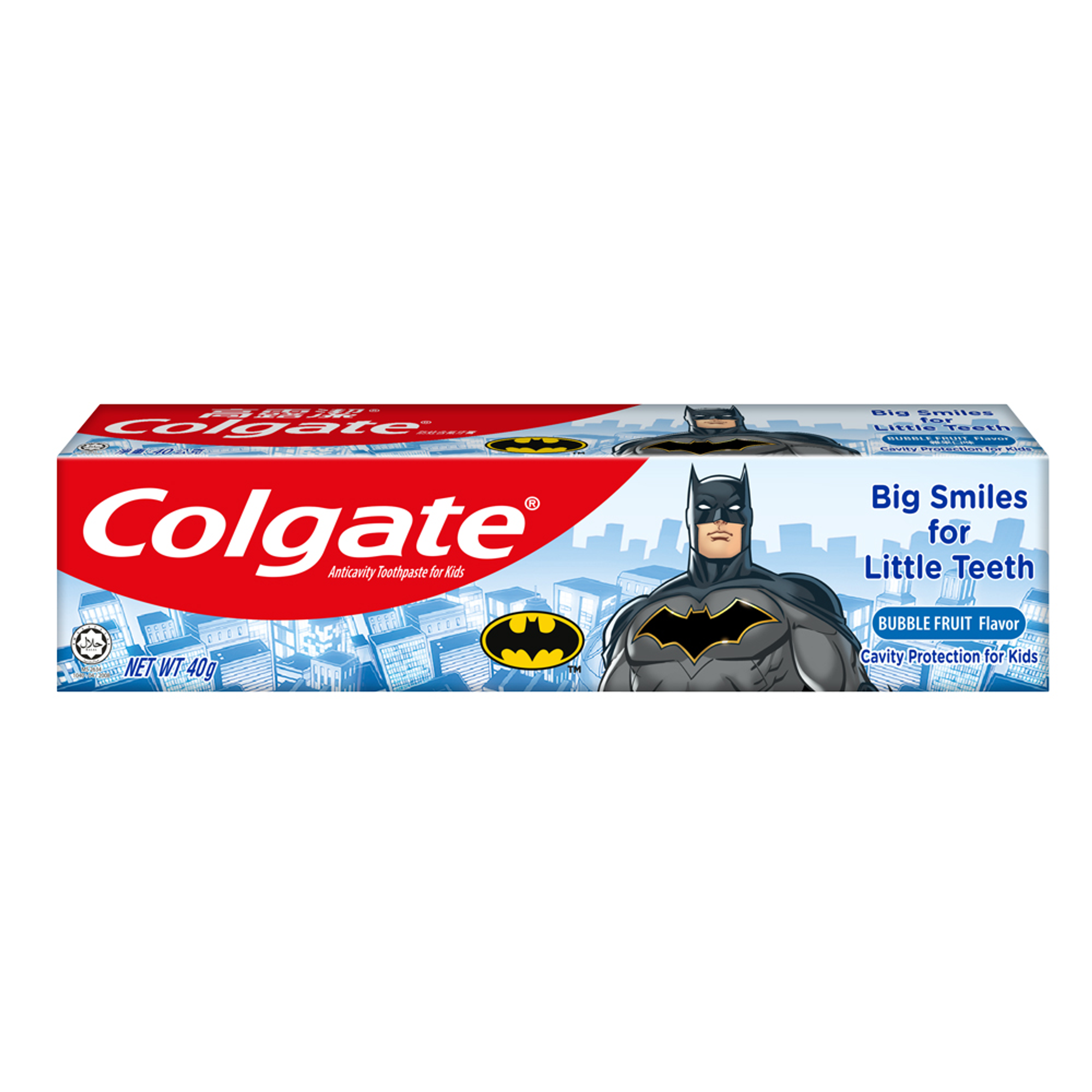What is Teething, and When Does it Start?
Teething is when teeth first come through a baby's gums. It's a big deal for the baby and the parents. Here's a simple baby teething timeline from Parenthoodlife.sg that will give you a general idea of what to expect. If your little one has teeth coming in early, that's okay. What's important is that your child visits the dentist within six months following the eruption of their first tooth.
Here's a general timeline of what happens with baby teeth:
- Before birth:Baby grows 20 teeth under the gums
- Between 4-7 months: Baby starts teething; gums appear swollen and red
- Within the first year: The first teeth that start showing are typically the two bottom front teeth, also known as the central incisors. Next, come the top four teeth, called the central and lateral incisors.
- 8-12 months: Upper front teeth start to emerge
- 9-16 months: Teeth beside the front teeth start appearing
- 18 months: However, if there is still no sign of any teeth appearing at 18 months, it's time to consult a dentist
- By age 3: Our child will likely have their 20 baby teeth all erupted
Signs of Teething
Symptoms of teething vary from child to child. So, how can you tell if your baby is teething? Some babies feel no pain, while others may have pain and tenderness that last for several weeks. A baby may show one or more of the following signs if they're teething:
- Rubbing their gums. Babies generally love to put things in their mouths but rubbing things on their gums may become excessive when the teething process begins.
- Drooling. Some babies drool so much from teething that it soaks their clothes. They may even develop a rash on their cheeks and chin from the excess moisture. To keep your baby comfortable, gently dry their chin and change wet clothes throughout the day.
- Crankiness. If your baby seems cranky, a tooth may be pushing through despite otherwise being healthy.
- Wakefulness. If your once great sleeper has begun waking up at night or is refusing to take naps, it may be a sign of teething.
- Loss of Appetite. If your baby is on a nursing/eating strike, it may be a teething symptom as eating can irritate sore gums. If you're concerned that your baby isn't eating enough, check in with your paediatrician.
If you observe two or more of these signs, your baby is likely teething. While teething might cause a slight rise in your child's temperature, fever is not one of the typical symptoms of teething.
Neither is diarrhoea.
You should contact your on-call paediatrician if your child develops a fever or diarrhoea because it could be a sign of something else.
How To Treat Teething
The good news is that there are many options for treating teething. Over-the-counter pain-relief medicines, including ibuprofen or paracetamol, may help to dull the pain. Check in with your paediatrician before giving your baby any pain medication. They'll guide you with specific recommendations and dosage information.
There are also several ways to soothe your teething baby, including refrigerating your baby's teething ring or using a clean finger to apply pressure on the gums. A warm bath and gentle rocking may also help to calm and relax the child.
It's important to note that numbing compounds containing topical benzocaine (similar to the gel used by dental professionals) are available. However, Health Sciences Authority has put up a safety alert to health professionals on the risk of methaemoglobinaemia associated with the use of benzocaine containing products - "Benzocaine containing products should not be used on children less than two years of age, except under the advice and supervision of a healthcare professional". So, it's essential to utilise other options. As always, you should check with your child's dentist or physician before using any product for teething relief.
Caring for Your Baby's New Teeth
Dentists recommend using a clean cloth to gently clean your baby's mouth, even before the first tooth arrives. Toothpaste is not as necessary in these early stages as removing bacteria. Follow these tips when taking care of your baby's teeth:
- Brush with an infant toothbrush using water.
- When your baby's teeth touch, you can start flossing.
- Around 2, gradually introduce fluoride toothpaste to your child's brushing routine. You can also start teaching your child to spit while brushing.
At your baby's first dental appointment, your dentist will guide you through the steps in caring for your baby's teeth and gums in more detail. Also, it's always good to ask them about fluoride.
Now you know about babies teething and the crucial signs to look out for like gum rubbing, crankiness, and sleep or appetite changes. These signs may mean other things, but the combination of two or more of these symptoms more than likely indicates a tooth is erupting. Remember that fever and diarrhoea are not actual symptoms related to teething. And be sure to reach out to your paediatrician if your baby is experiencing either. There are plenty of ways to soothe your baby if they're teething, like refrigerating their teething ring or over-the-counter pain-relief medicines like ibuprofen. So, if your baby is teething, you're now set and ready to make them feel most comfortable.














